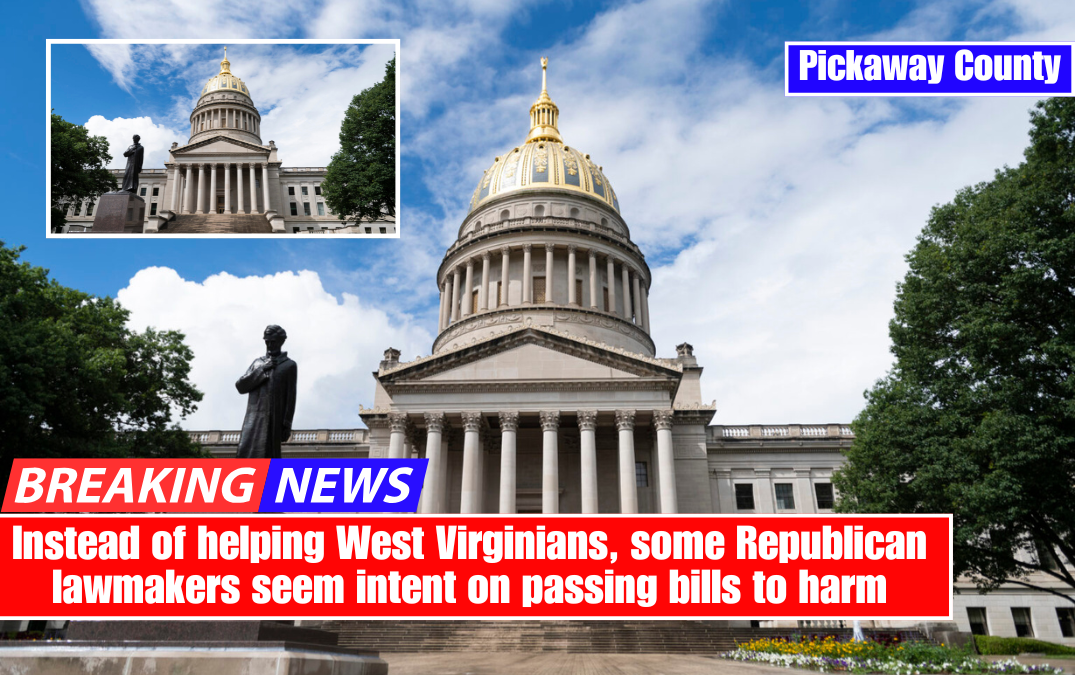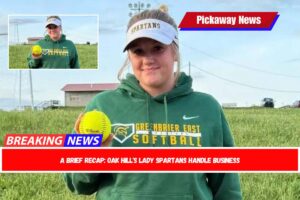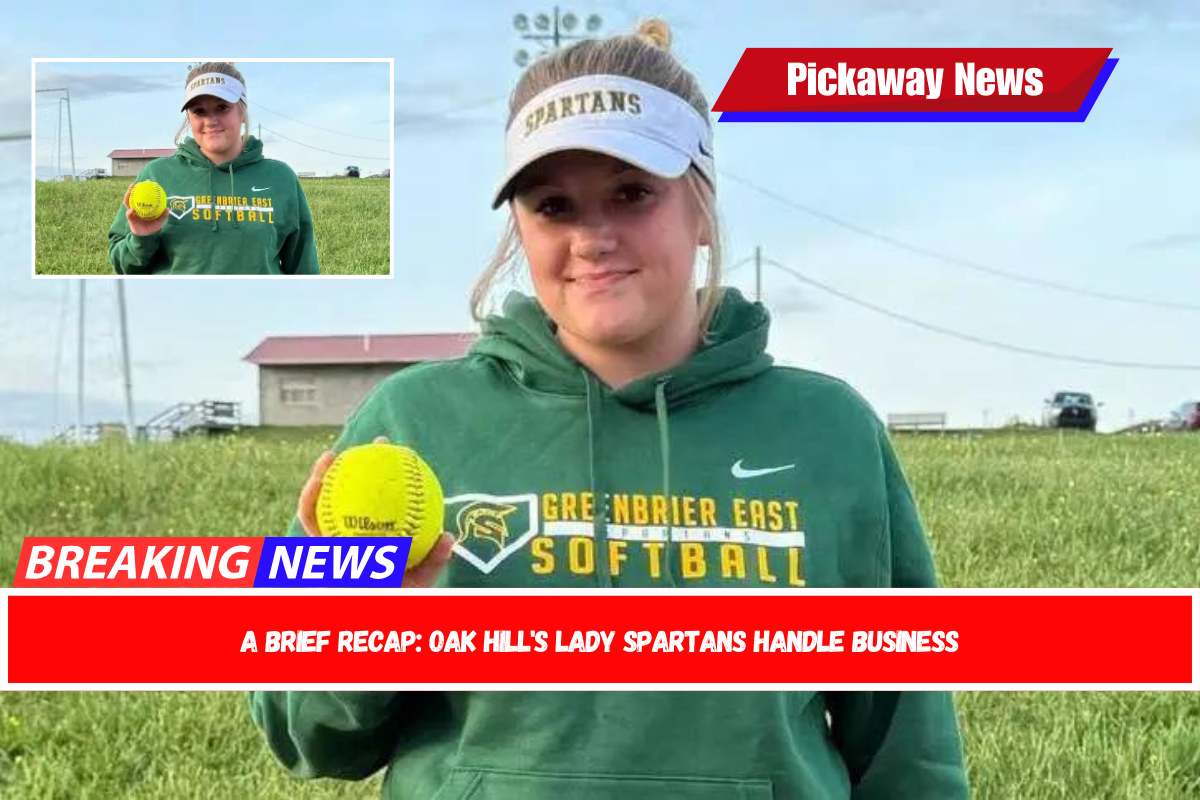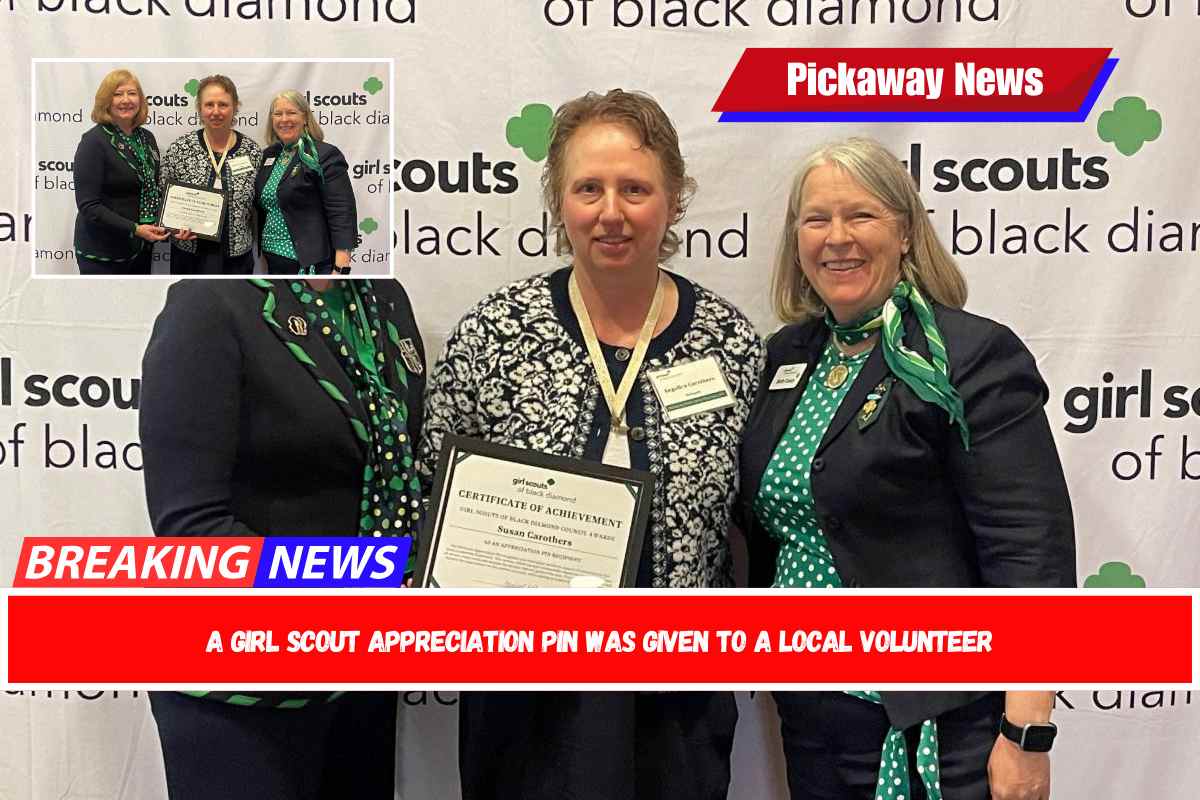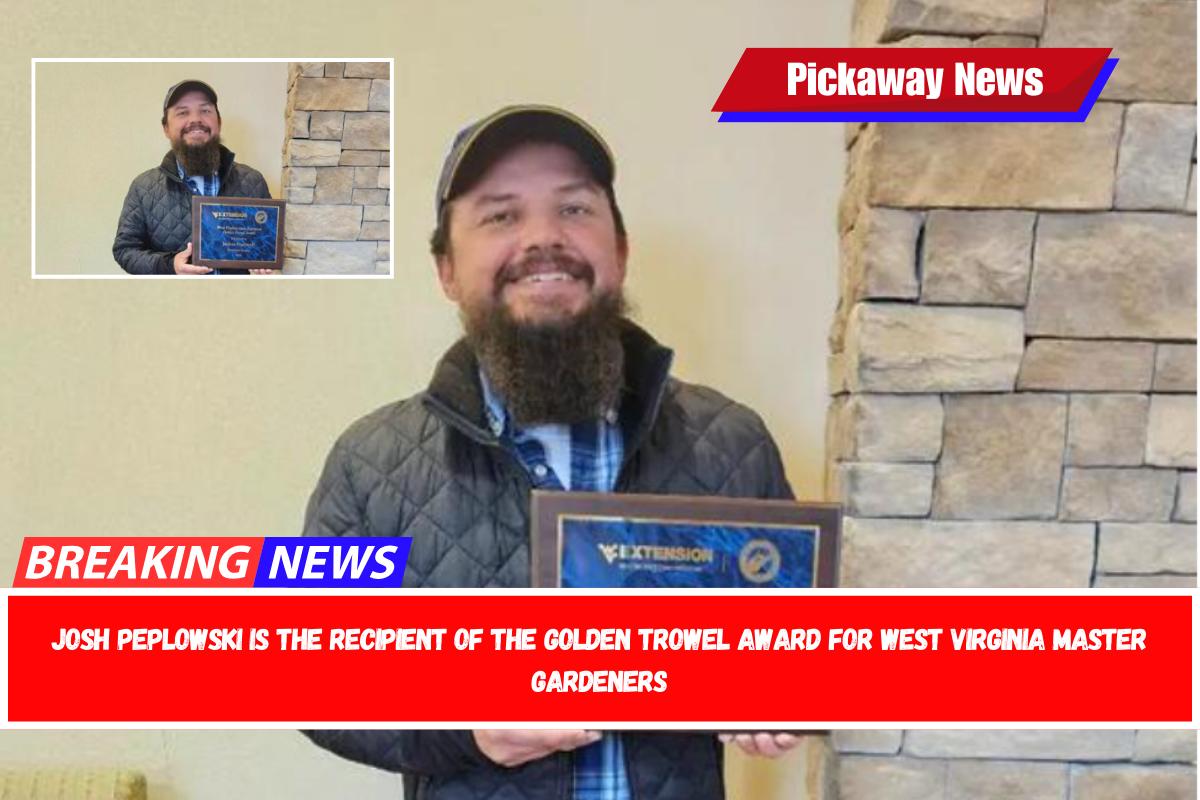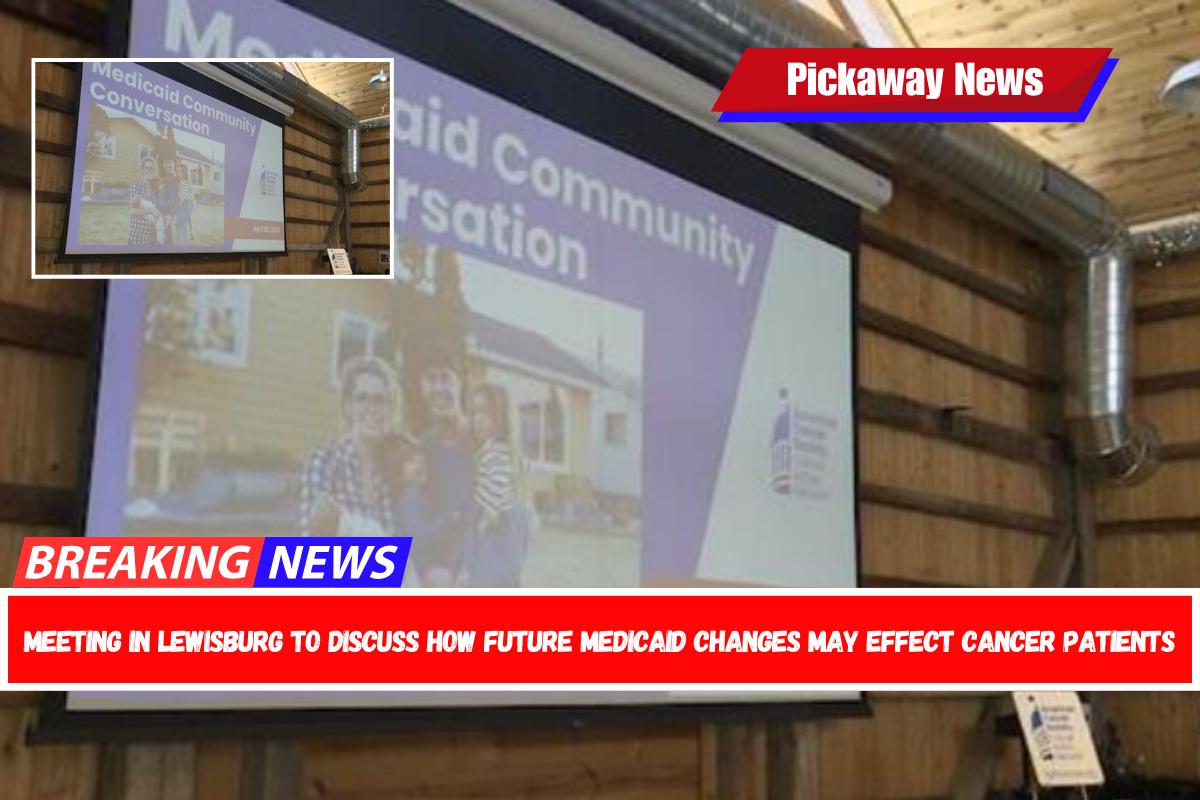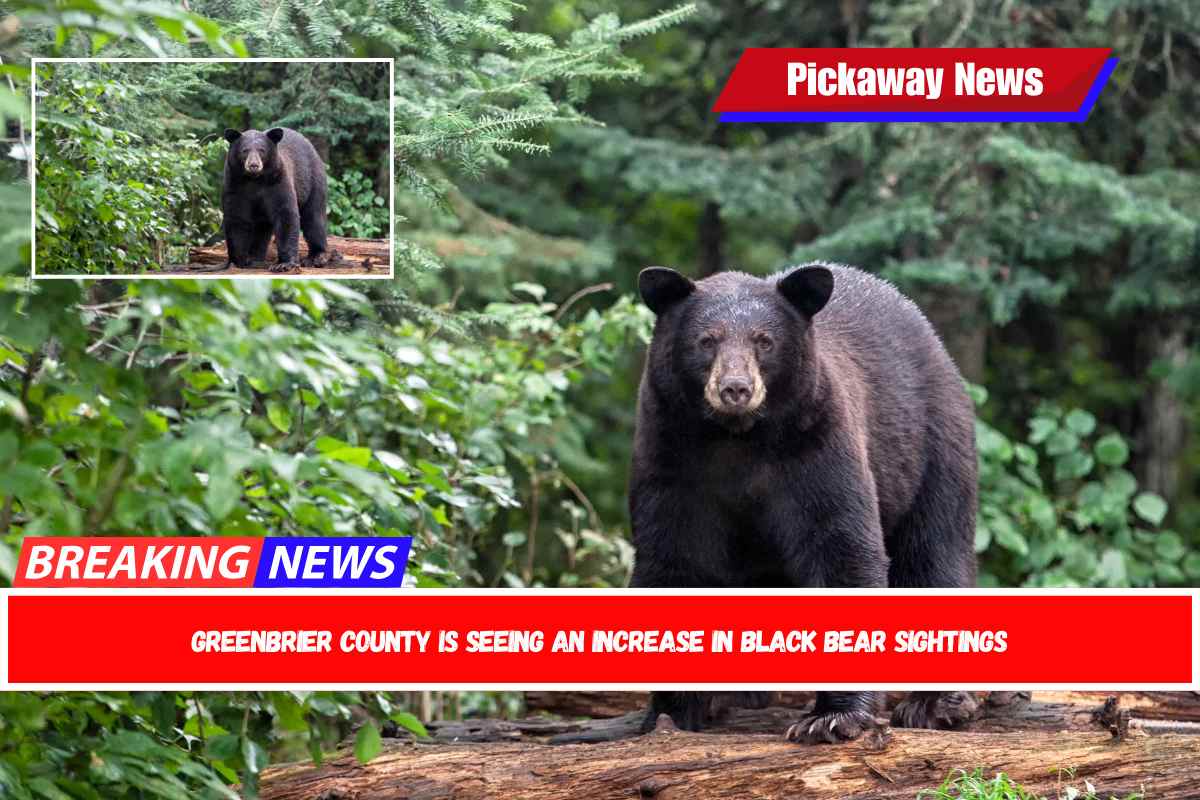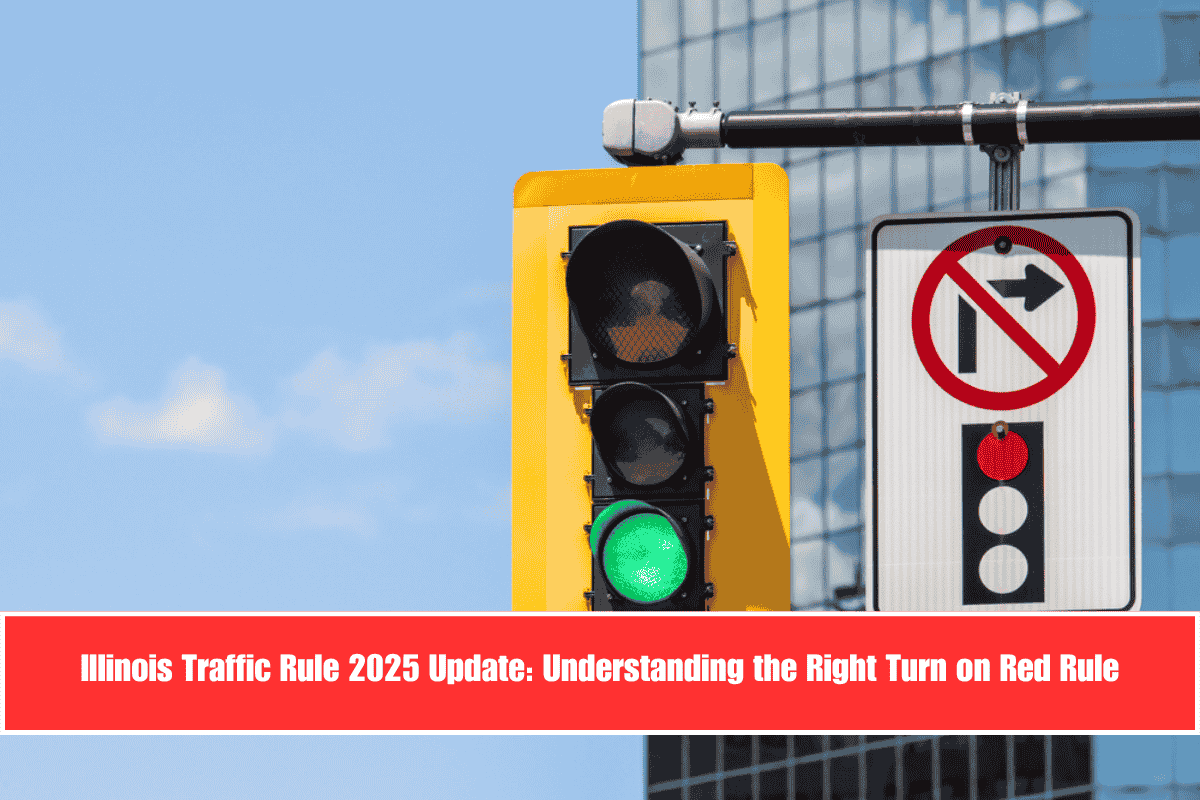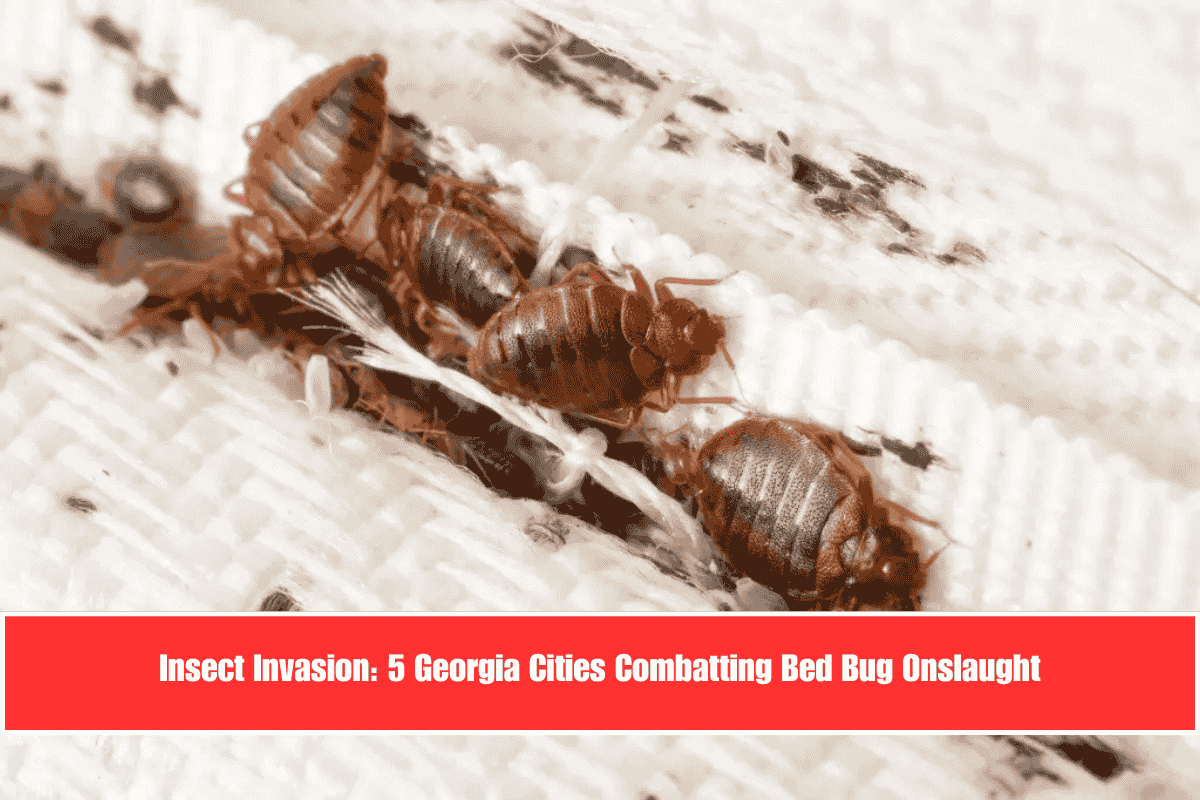The Lincoln Walks at Midnight Statue is located in front of the West Virginia state Capitol building in Charleston, West Virginia. (Lexi Browning/West Virginia Watch)
We’re approaching the halfway point of the legislative session, so let’s take a look at what our legislators have been doing.
Sen. Eric Tarr, R-Putnam, has proposed Senate Bill 109 to incentivize residents to report drug activity to police by offering a reward.
The Narc on Your Neighbor for Money Act — whoops, I mean the Neighborhood Assistance and Rejuvenation Compact Act — would raise funds through a new excise tax on naloxone and drug testing strips.
Tarr has stated that the state could promote the program by displaying mugshots of people convicted of drug crimes on billboards in high-crime areas. He said his inspiration came from watching the news and seeing “bodies hanging off bridges” in a report on Mexican cartels.
Please do not allow this guy to watch “The Handmaid’s Tale.”
Taxing products designed to keep people alive does not appear to be the solution in this situation. Narcan, one of the brand names for naloxone, is already too expensive for some people. And, while some organizations provide both naloxone and drug testing strips for free, why would we want to make it more expensive for them to assist others?
Instead of shaming drug offenders and asking their neighbors to spy on them, perhaps the state should reconsider banning harm reduction programs? Helping people rather than shaming appears to be the more humane option.
House Bill 3016 appears to be another bill aimed at making life more difficult for West Virginia residents.
In 2016, the state passed a voter ID law, and when it went into effect two years later, residents could prove who they were using more than a dozen different forms of identification other than a driver’s license, such as a hunting or fishing license, a utility bill, or their Social Security card.
HB 3016 would eliminate the majority of these forms of identification, leaving only six that require a photo: driver’s license, state ID, passport, employee ID, student ID, and military ID. Del. Erica Moore, R-Roane, is the bill’s lead sponsor.
The bill also specifies that a valid voter registration card “that includes the voter’s photograph issued by a county clerk in the State of West Virginia or the Secretary of State” will be accepted. Of course, lawmakers stated during a meeting that this is optional, and it is up to each county clerk to create and issue voter registration cards with photos.
This will simply add another layer of confusion to voting. Am I registered? Where is my polling location? Is my registration active? What kind of identification do I need? Which type of voter registration card does my county have?
Absentee ballots are also not safe. House Bill 2117 would prohibit anyone, including election officials, from mailing or delivering absentee ballot applications unless specifically requested by the voter or their family/caregivers.
Doug Smith (Mercer), Mike Hornby (Berkeley), Geno Chiarelli (Monongalia), Chris Phillips (Barbour), Michael Hite (Berkeley), and Kathie Hess Crouse (Putnam) all sponsored the bill because they thought it was a great idea.
Why should an application for an absentee ballot require consent?
Do they not want us to vote?
Sen. Mike Stuart, R-Kanawha, offers another perplexing statement. His bill would reinstate the death penalty in West Virginia for those convicted of murdering a law enforcement officer or a first responder.
It costs $26 million to implement. In the last 45 years, only 21 people would have been eligible for execution. It seems odd to me that Stuart, who claims to be “unapologetically pro-life,” wants the state to spend approximately $1.2 million per state-sanctioned killing.
But at least he knows how much his bill will cost. That’s more than we can say about House Bill 2515, which would require counties to set up alternative learning centers for chronically disruptive students.
The bill, sponsored by Del. Joe Ellington, R-Mercer, has advanced to the Senate, but no funding is proposed for the centers’ construction or staffing. Details, details.
Today is day 28 of sixty. Will the Legislature do the bet?
